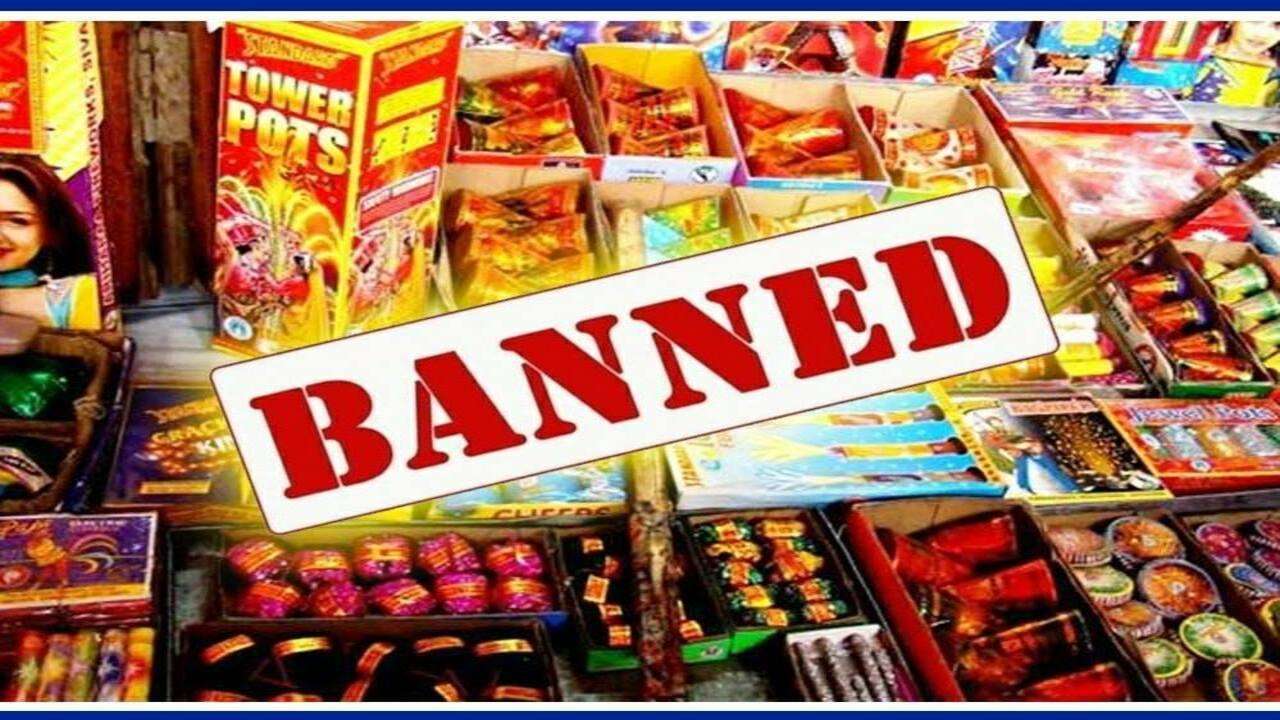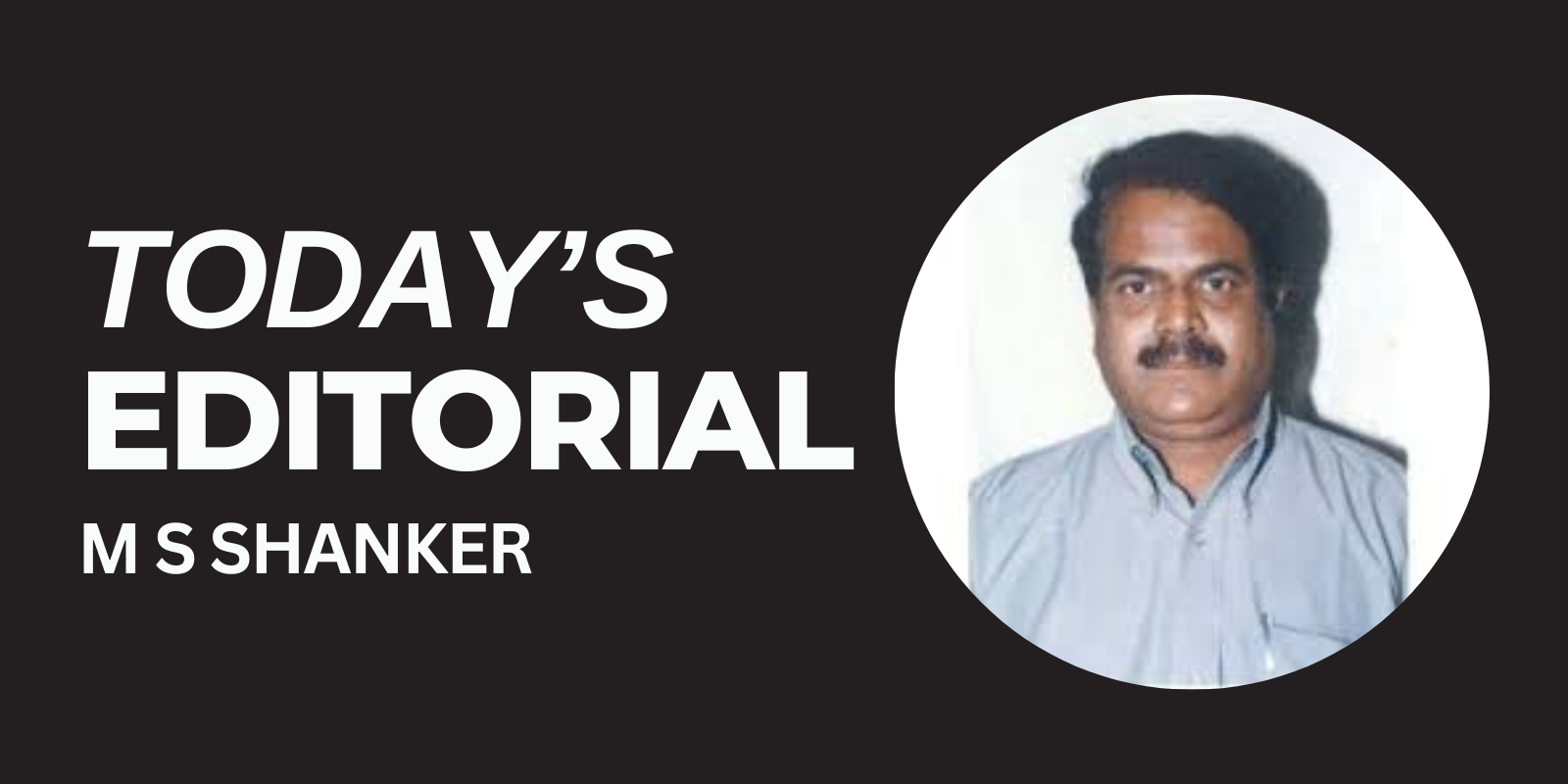The ban on crackers bursting during Diwali by the Aam Aadmi Party (AAP) yet again ignited a spirited debate about religious equity in India’s policies on festivals. Critics argue that, while Diwali faces stringent curbs ostensibly due to pollution concerns, similar restrictions are notably absent from other religious celebrations. A glaring example often cited is Bakrid, a significant Muslim festival involving the ritual sacrifice of goats. This raises a fundamental question: why are Hindu festivals disproportionately regulated, while other religious practices continue without interference? AAP’s decision has added to a broader narrative suggesting selective restriction on Hindu festivities. Are crackers alone responsible for Delhi’s annual surge in pollution? If so, why did the ban on Diwali fireworks only become a fixture under the AAP government? Air quality in Delhi has been a severe concern for years, primarily affected by industrial pollution, vehicular emissions, and, notably, stubble burning by farmers in Punjab and Haryana during the same season. With AAP now governing Punjab, there is mounting expectation for proactive measures against stubble burning, yet limited action has been taken. Instead, AAP has focused on citing judicial rulings as a rationale to renew the cracker ban each Diwali, suggesting it is simply complying with court orders. The Diwali festival is celebrated globally and holds profound cultural and spiritual meaning for Hindus. Representing the victory of light over darkness, it is a time of joy, family gatherings, and cultural festivities. The festival’s significance transcends borders; for instance, the White House in the United States hosts Diwali celebrations, acknowledging the importance of this festival for millions. Recently, several countries have even declared Diwali a public holiday, recognizing its cultural and religious importance. Within this broader recognition, the restrictive approach of the AAP government, and similar policies from other regional administrations, strikes many as unduly selective.

AAP’s stance has also faced accusations of hypocrisy. Not long ago, AAP leaders and supporters reportedly celebrated with firecrackers when their leader, Arvind Kejriwal, received conditional bail from prison. If pollution was the primary concern, why do such celebrations not fall under the same scrutiny? This double standard undermines the credibility of the cracker ban and makes it seem as if the prohibition on Hindu festivities is less about pollution and more about selective governance. This pattern is not isolated to AAP. In West Bengal, for instance, Chief Minister Mamata Banerjee’s administration faced legal action for attempting to restrict Durga Puja celebrations, only for the Calcutta High Court to overturn the decision. Restrictions on Hindu celebrations have also been reported in other states governed by opposition parties, like Holi bans in certain northern states. In Muslim-majority neighborhoods, some state governments even impose restrictions on Hindu processions during Dussehra, citing potential conflicts as a reason, which many believe stifles the freedom to celebrate religious occasions. A broader question of vote bank politics often hovers over such decisions. Many critics allege that the leniency toward other festivals stems from a desire to maintain the support of religious minorities. For instance, some argue that cracking down on Hindu festivities risks little political backlash compared to enforcing restrictions on minority religious practices. This perception has fostered resentment among a segment of Hindus who feel their traditions are under increasing scrutiny while others remain unaffected.
Yet, despite this backlash, the spirit of Diwali remains resilient. Across states, Hindus continue to celebrate Diwali with enthusiasm and joy, adapting their celebrations to the circumstances but undeterred in honouring their traditions. Communities come together to light lamps, share sweets, and perform rituals that have been observed for generations. This unwavering dedication highlights the cultural and spiritual importance of Diwali and shows that the essence of the festival persists beyond the restrictions imposed on it. The ongoing debate underscores the need for a fair, transparent approach to managing religious festivities, especially in diverse, multi-religious societies like India’s. If pollution is the driving force behind the cracker ban, a consistent and scientific approach addressing all sources of pollution—whether firecrackers, stubble burning, vehicular emissions, or industrial waste or mass goat slautering—must be applied. Targeted restrictions on Hindu festivals without equivalent actions toward other pollutants and festivities risk undermining public trust and exacerbating social divides. Hence, the selective restriction on Hindu festivals has become a flashpoint for discussions on religious equity in India. For many, the question remains: can India, a secular democracy, create an environment where every community can celebrate their traditions freely and fairly, without feeling that their practices are uniquely constrained? If any true progress is to be made on pollution, selective bans won’t suffice. A holistic, even-handed approach is essential to address pollution without fostering perceptions of bias, ensuring that every citizen feels their traditions are respected.





